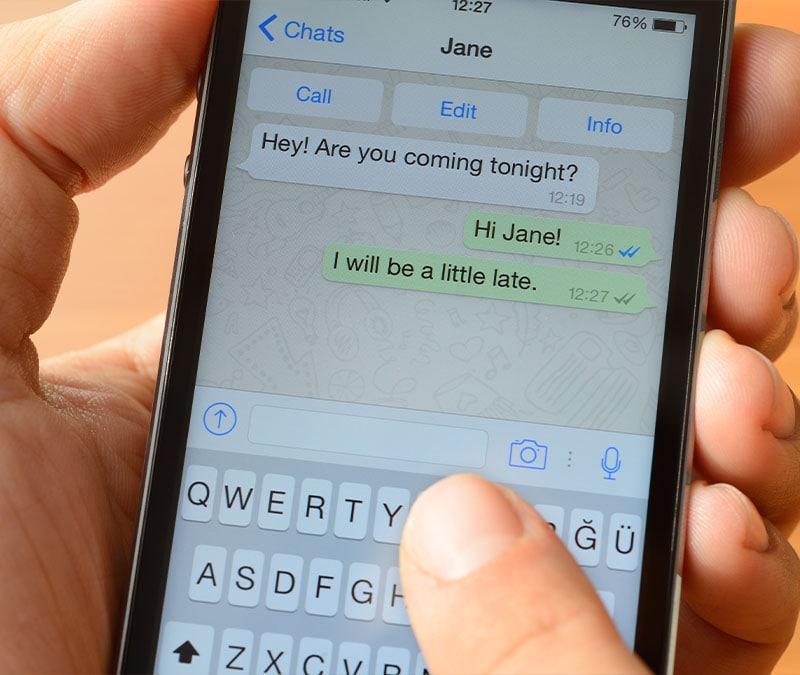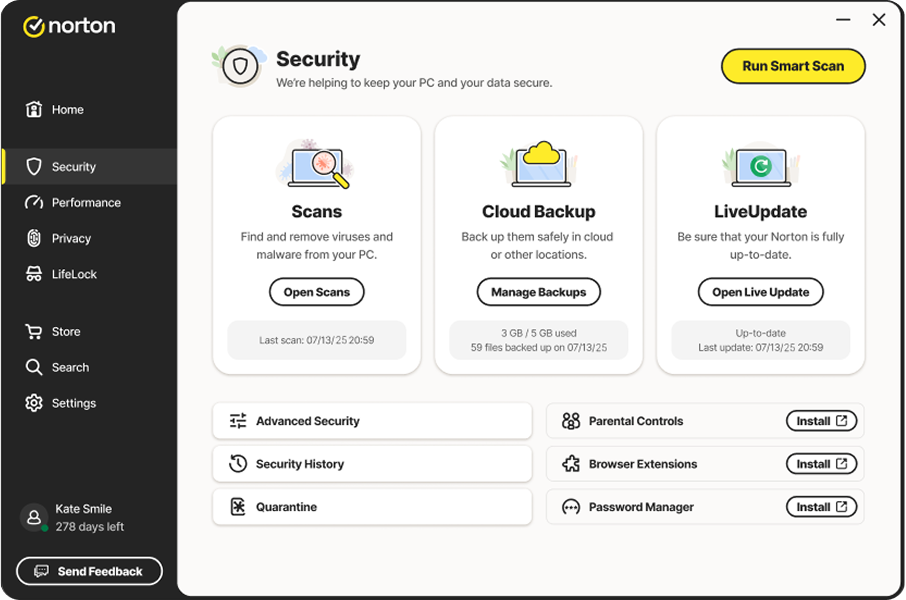12 WhatsApp scams to know and avoid
Learn about common WhatsApp scams and how to avoid them so you can chat safely online.
Updated July 10, 2025
Learn about the latest online scams and get tips to stay protected.

Powerful protection, free to try. Browse free tools and test-drive Norton products.

Harness the power of AI for robust protection against malware, scams, and other digital threats.
*Terms apply
Explore more topics in digital security.
Want more?
Follow us for all the latest news, tips, and updates.